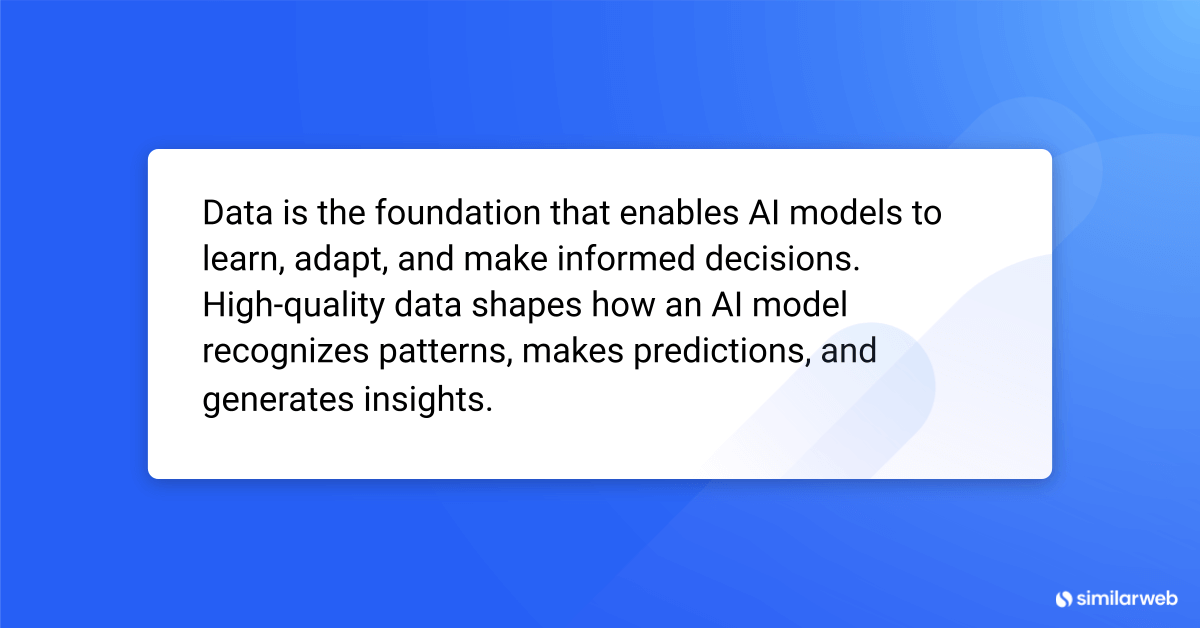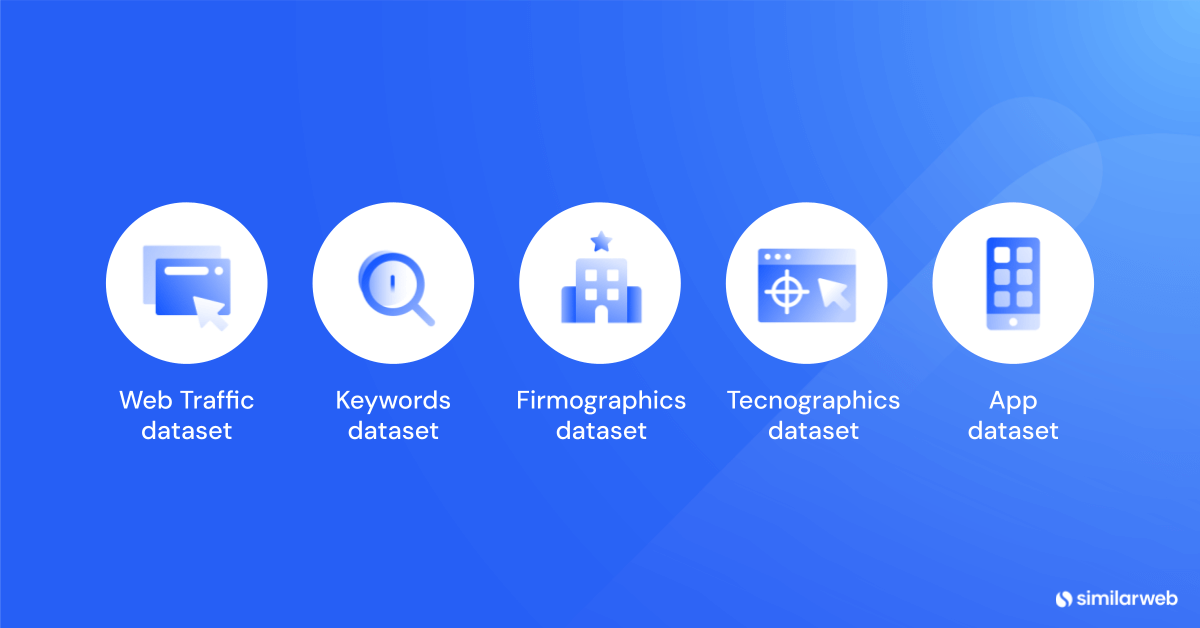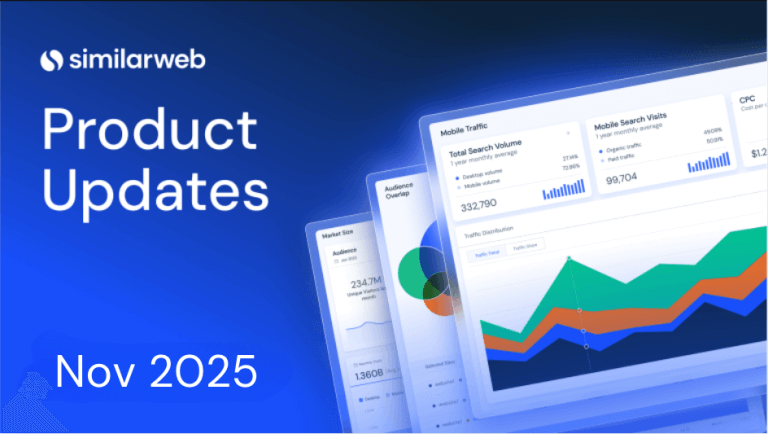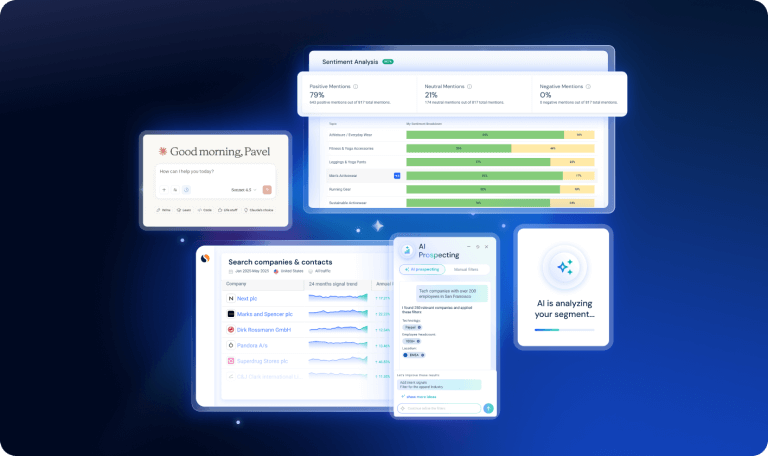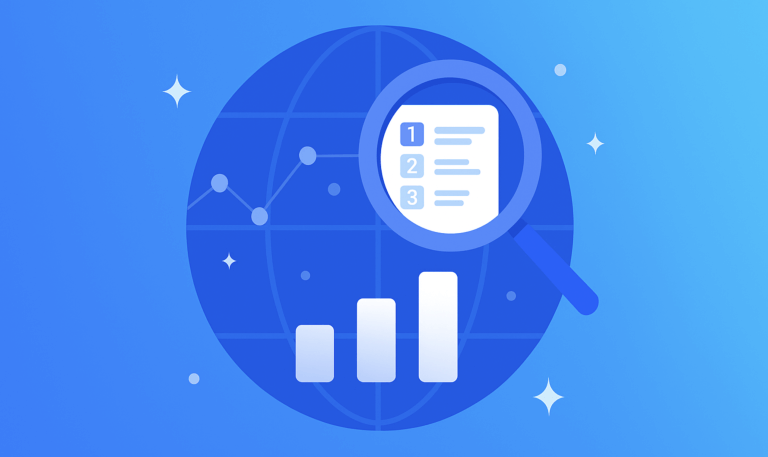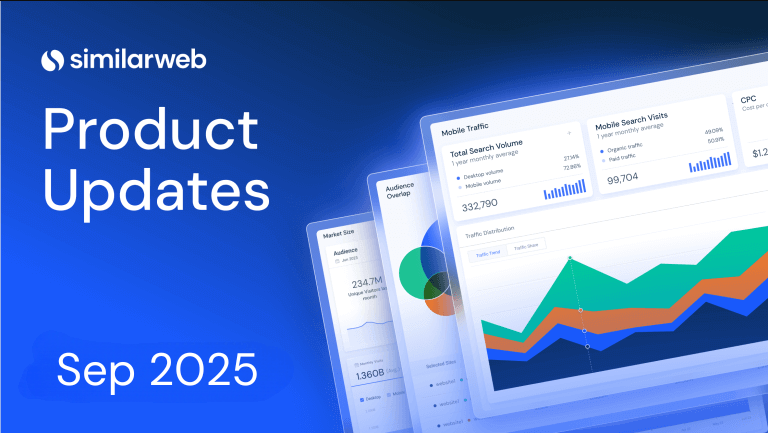Feeding the AI machine: Building the Future of AI with the Best Digital Data

In the rapidly evolving landscape of artificial intelligence (AI), the significance of data cannot be overstated. The success of AI models hinges on the data quality and coverage they are trained on. As AI’s prominence grows across industries, from marketing to finance, the need for robust data collection, governance, and analysis is critical. This article examines the relationship between Data and AI, the intricacies of AI data collection and management, and the strategies that are shaping the future of AI.
The role of data in AI
The idiom “garbage in, garbage out” perfectly describes the role of data in AI. Imagine you are training an AI model with data that labels all pictures of dogs as human. As soon as someone queries, “What is a human?” a response of “sniff, wag, bark 🐾” is definitely not optimal, no matter how much we like to humanize our pets.
Data is the foundation that enables AI models to learn, adapt, and make informed decisions. High-quality data is crucial because it shapes how an AI model recognizes patterns, makes predictions, and generates insights. Without it, even advanced algorithms struggle to perform. Training an AI model requires feeding it extensive amounts of data for it to be able to identify meaningful trends and adapt to different situations.
Most datasets cover only a piece of the world. There’s no single dataset that provides a complete global perspective. The more high-quality data you have labeled and structured, the better the AI will utilize it to create context. Generalist models perform well for general-purpose tasks.
For example, marketing teams must understand consumer behavior and the competitive landscape, what people are searching for online, and how the competition is gaining traction to create a meaningful SEO strategy. Once the AI model has this data and the desired marketing team goal, it will generate a strong and effective SEO strategy.
Why data quality matters
The rule of AI is simple: garbage in, garbage out. If you’re feeding your AI model bad data, don’t be surprised when it churns out nonsense. Poor data quality leads to inaccurate predictions, which in turn chips away at trust in AI systems. High-quality data, however, means you get accurate, relevant, and complete insights, just what’s needed to make AI reliable.
This becomes especially critical when AI makes decisions that could impact lives, like in healthcare or autonomous vehicles. You don’t want a self-driving car mistaking a lamppost for a pedestrian, right?
Challenges in collecting data for AI
We have vast amounts of data at our fingertips, but collecting the right data for AI remains a significant challenge. First, there’s navigating complex data privacy regulations, like GDPR in Europe or CCPA in California, which add layers of compliance to data collection practices. Each regulation has specific requirements about how data can be gathered, stored, and used, and failure to comply can result in hefty fines and reputational damage.
Then, there’s the need to ensure that datasets are not only large enough but also diverse enough to prevent bias. For AI to be fair and accurate, it must be trained on data representing all relevant perspectives and demographics. Without this, AI models risk skewed outputs that may inadvertently reflect or even amplify social biases, something increasingly scrutinized in applications like hiring algorithms and predictive policing.
Finally, maintaining data quality is an ongoing challenge. Inconsistent, incomplete, or outdated data can undermine even the most sophisticated AI models, resulting in less reliable predictions. Collecting data for AI isn’t just about volume; it’s about building a data foundation that’s compliant, representative, and accurate. Each factor is essential to ensure that AI systems can deliver fair, useful, and meaningful insights.
Training AI Models: The Role of Data
Training AI models is intrinsically linked to the data they are fed. Data informs the learning algorithms, enabling AI models to develop and refine their capabilities.
AI models need regular updates and retraining to stay accurate and relevant. For example, consider an AI model used by an ecommerce platform to recommend products based on user preferences. As shopping trends shift, like new products rising in popularity, the traditional shift of seasonal demands, or new competitor offerings, the AI needs fresh data to adapt its recommendations. Without these updates, it might suggest outdated products or miss emerging trends.
Continuous learning frameworks allow AI to evolve, ensuring its predictions and outputs remain reliable over time. Without these updates, AI models risk becoming outdated and ineffective in a dynamic environment.
Take your AI to the next level with Similarweb Digital Data
More companies are moving into vertical specialization and building AI agents designed to handle focused tasks within a particular industry or function. These agents are agile and operate faster and more accurately within these defined roles and workflows.
We are seeing more agents that utilize Similarweb Digital Data to create effective AI agents that provide a competitive edge to the various teams. Here are some examples:
1. Website traffic dataset:
- Competitor analysis agent: An AI agent that tracks the web traffic of competitors in real time, analyzing trends, traffic sources, and engagement metrics. This delivers insights into new and successful competitor strategies and the evolution of their online presence.
- Audience segmentation agent: An agent that categorizes website visitors by demographics, geography, and behavioral patterns and provides recommendations on optimizing website content for the different audience segments.
This dataset is most often used by marketing, sales, business development, investors, and strategy teams.
2. Keywords dataset:
- Search engine optimization agent: Identifies high-performing keywords, tracks their trends over time, and provides recommendations for content creation to boost organic traffic. It can also monitor competitor keyword strategies.
- Ad campaign recommendation agent: Based on keyword performance and cost-per-click data, this agent generates real-time suggestions for optimizing paid advertising campaigns, ensuring maximum ROI for digital marketing efforts.
Marketing and strategy teams most frequently use this dataset.
3. Firmographics dataset:
- Lead generation agent: Identifies companies matching a target profile (e.g., size, industry, revenue) and evaluates their digital presence, suggesting the most promising leads for outreach based on Similarweb’s company & website traffic datasets.
- Market research agent: Delivers real-time insights on companies within specific sectors, providing key stats on growth, digital strategy, and market positioning to help with strategic decision-making.
Sales, business development, investors, and strategy teams use this dataset.
4. Technographics dataset:
- Technology adoption tracker agent: Monitors web technologies used by competitors or industry leaders, identifying trends in technology adoption and helping companies decide which technologies to integrate into their platforms.
- Cybersecurity risk analysis agent: Based on in-use web technologies, this agent assesses the security risks associated with specific websites, apps, and technologies, providing alerts for vulnerabilities or outdated technologies.
Sales, business development, investors, and strategy teams use this dataset.
5. App dataset:
- App performance monitor agent: Tracks App Engagement metrics, user ratings, downloads, and app store rankings, delivering competitive insights and performance benchmarks. This agent can provide recommendations on app improvements based on industry trends.
- App store optimization (ASO) agent: Using app-related data, this agent could recommend optimization strategies for app listings, helping improve visibility and user acquisition based on keyword trends, competitors’ actions, and user behaviors.
This dataset is most frequently used by marketing, sales, business development, investors, and strategy teams.
Data powers AI, and Similarweb powers data
Data is the lifeblood of AI, and refining the collection, management, and analysis processes is crucial for building reliable and impactful AI models and harnessing AI’s full potential. As we move into an increasingly data-driven future, prioritizing data quality and integrating cutting-edge datasets will define which AI companies will lead the industry.
Don’t just keep up with the AI evolution – lead it with Similarweb’s Data-as-a-Service (DaaS) solution and improve your models with robust, real-world data. Whether it’s web traffic insights, competitor data, or consumer behavior metrics, Similarweb’s datasets can give your AI model the competitive edge it needs.
FAQs
Why is high-quality data so essential for AI?
High-quality data is crucial because AI models rely on accurate, relevant, and comprehensive information to produce reliable outputs. Poor data quality leads to incorrect predictions, reduced accuracy, and unreliable AI models. By prioritizing high-quality data, businesses can ensure their AI systems generate trustworthy insights and perform effectively.
What are vertical AI agents, and how do they differ from generalized AI models?
Vertical AI agents are specialized AI tools designed for specific tasks within a particular industry or function, like SEO analysis or customer support. Unlike generalized AI models, which handle a broad range of tasks, vertical AI agents are tailored to excel in one area, making them more efficient, accurate, and cost-effective.
How does continuous learning improve an AI model’s performance?
Continuous learning involves regularly updating AI models with new data, allowing them to adapt to changing trends and stay relevant. This process improves the model’s accuracy over time, making it more effective in delivering reliable results, whether for evolving customer preferences, market conditions, or emerging business needs.
How does Similarweb data help improve the performance of AI models?
Similarweb provides access to extensive digital data sets, covering areas like web traffic, user engagement, and consumer behavior, which can significantly enhance AI model performance. By integrating Similarweb’s data, companies can train AI models with high-quality, real-world data, delivering more accurate predictions, refined audience insights, and improved decision-making capabilities across tasks like search engine optimization, competitor analysis, and market research.
Wondering what Similarweb can do for you?
Here are two ways you can get started with Similarweb today!





